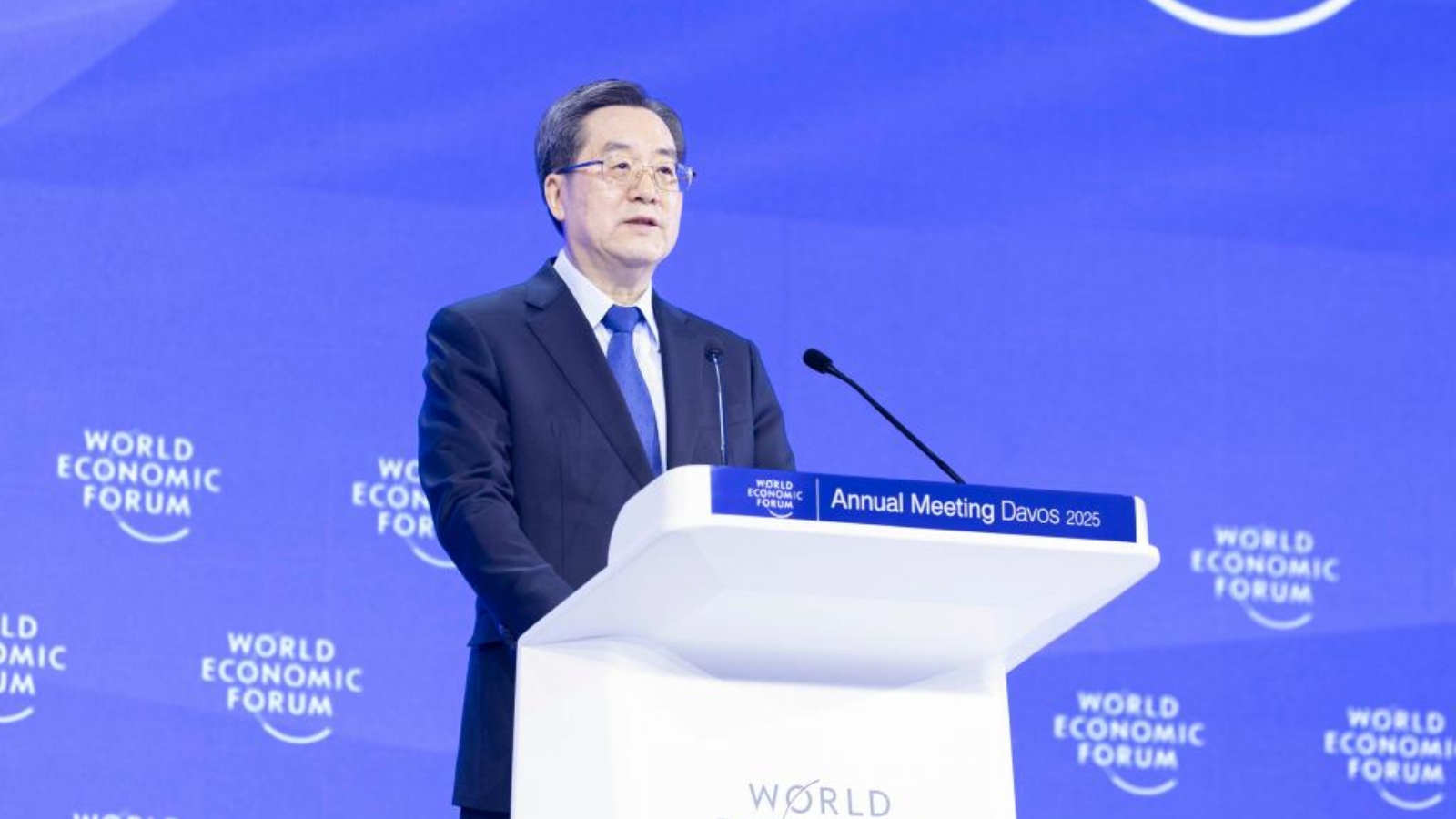Global news in 2025 reflects a world in transition. Nations are navigating new realities shaped by economic upheavals, technological revolutions, climate challenges, and shifting power balances. The headlines are filled with stories that highlight humanity’s resilience, divisions, and innovation. From political rivalries to humanitarian crises, from breakthroughs in science to cultural movements, the world’s news cycle offers a snapshot of a planet both united and divided. Understanding these developments is crucial not only for policymakers but also for everyday citizens whose lives are increasingly shaped by global events.
One of the most defining elements of the global news landscape in 2025 is the growing rivalry between superpowers. The competition between the United States and China continues to dominate international headlines. Washington emphasizes rebuilding alliances, strengthening NATO, and supporting democracies worldwide, while Beijing pushes forward with its Belt and Road Initiative and its ambitions in space, technology, and trade. This rivalry extends beyond traditional geopolitics into fields such as artificial intelligence, quantum computing, and cybersecurity, raising concerns about a divided digital future. News outlets across the globe closely monitor every summit, agreement, or standoff between these two giants, as their actions affect markets, security, and diplomacy worldwide.
Economic news in 2025 paints a mixed picture. While some regions are experiencing robust growth due to technological innovation and green energy transitions, others are grappling with inflation, unemployment, and debt crises. The global economy remains interconnected, meaning that disruptions in one part of the world ripple across continents. News reports highlight supply chain adjustments, new trade alliances, and debates over how to balance growth with sustainability. Developing nations, particularly in Africa and South Asia, are increasingly in the spotlight for their rapid growth and emerging influence on global markets.
Climate change has become one of the most dominant themes in international reporting. Extreme weather events, rising sea levels, and devastating wildfires have forced leaders and citizens alike to confront the urgency of sustainability. Headlines often cover the outcomes of climate summits, government pledges to reduce emissions, and the growing role of renewable energy in powering cities and industries. News organizations also shed light on the struggles of vulnerable communities, from Pacific island nations facing existential threats to farmers adapting to unpredictable weather patterns. The climate story is no longer just a scientific debate but a pressing human, economic, and political issue.
The global news cycle is also deeply influenced by conflict and humanitarian crises. Ongoing wars in regions such as Eastern Europe, the Middle East, and parts of Africa remain central to coverage. Refugee flows, civilian suffering, and international peace efforts dominate headlines. Meanwhile, terrorism and cyberattacks have evolved, with digital warfare becoming a major global concern. News outlets track not only traditional battlefields but also the invisible front lines of cyberspace, where state and non-state actors compete for dominance.
Technology news is increasingly intertwined with global developments. Advances in artificial intelligence, robotics, biotechnology, and space exploration regularly make headlines. From the launch of new satellites to breakthroughs in medicine, these stories demonstrate how science is reshaping human life. Yet they also highlight growing debates about ethics, privacy, and security. News organizations investigate not only the promise of new technologies but also the risks of misuse, inequality, and surveillance.
Global health remains a key topic in 2025. While the world has moved beyond the immediate crisis of the COVID-19 pandemic, the lessons of that era continue to shape international preparedness. News outlets cover new health initiatives, vaccine distribution, and emerging disease threats. There is also a growing focus on mental health, nutrition, and healthcare access in both developed and developing nations. The intersection of health, technology, and politics often drives stories that resonate deeply with readers and viewers worldwide.
Cultural and social movements are another cornerstone of global reporting. From protests for democracy to campaigns for gender equality, from youth-led climate activism to indigenous rights movements, these stories reflect the aspirations of people who demand change. Global news outlets amplify voices from across the world, showing how local struggles resonate with international audiences. In a digital age, a protest in one city can inspire movements thousands of miles away, making culture and social justice stories as impactful as traditional political coverage.
Migration and demographic changes also shape the headlines. Population growth in Africa and South Asia, aging populations in Europe and East Asia, and the movement of refugees and migrants across borders create both opportunities and tensions. News organizations highlight the challenges governments face in managing migration while also reporting on the personal stories of individuals seeking better lives. These stories remind audiences of the human face behind statistics and policies.
Another major theme in 2025 is the state of international cooperation. Reports on United Nations summits, World Trade Organization reforms, and regional alliances reveal both progress and setbacks. Multilateralism is under pressure, but it remains essential in tackling shared challenges. News outlets document the debates over fairness, representation, and responsibility in global institutions. The struggle to adapt international frameworks to a fast-changing world is a recurring story that reflects broader questions about justice and power.
The role of media itself is part of the global news conversation. With misinformation, disinformation, and deepfakes becoming more prevalent, citizens demand trustworthy reporting. News organizations face the challenge of maintaining credibility while adapting to the digital age. Investigative journalism, fact-checking, and transparency are more important than ever as audiences seek clarity in an era of information overload.
FAQs
What are the most important global news themes in 2025?
The biggest themes include geopolitical rivalries, climate change, economic shifts, technology, and humanitarian crises.
Why is climate change such a central topic in the news?
Climate change affects every aspect of life, from food security to migration, making it a global issue that demands urgent attention and action.
How does technology influence global news?
Technology drives innovation and progress but also introduces challenges like cybersecurity threats, ethical debates, and social inequality.
Are humanitarian crises still making headlines?
Yes, conflicts, refugee movements, and natural disasters remain major global news topics, highlighting the need for international cooperation.
What role does the media play in global affairs today?
The media shapes public understanding, holds leaders accountable, and provides information in an age of misinformation and rapid change.
Conclusion
Global news in 2025 offers a window into a world marked by transformation and uncertainty. Political rivalries, economic transitions, and cultural movements remind us that humanity is interconnected like never before. While challenges such as climate change, conflict, and inequality dominate the headlines, stories of innovation, cooperation, and resilience also shine through.
The role of global news is not only to report events but also to provide context, meaning, and accountability in a rapidly evolving world. For readers and viewers, staying informed is no longer a luxury but a necessity in navigating the complexities of our shared future.






